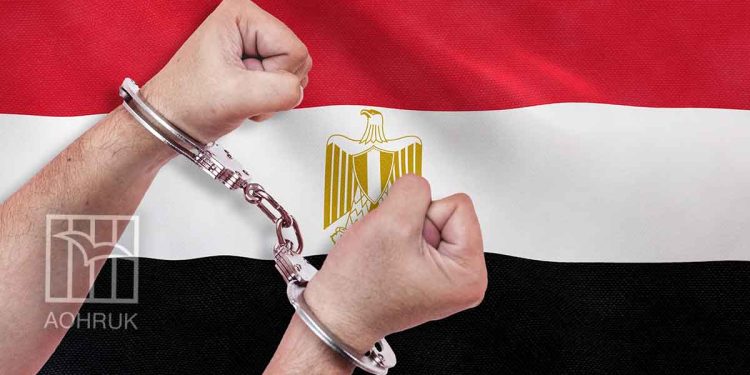On Thursday, Egyptian authorities decided to continue holding 155 young individuals in pre-trial detention in connection with their participation in demonstrations on 20 October 2023, which took place in several governorates across Egypt in support of Gaza. Only 18 detainees linked to the same cases have been released.
These renewals of detention were issued as routine procedural measures, despite investigations having stalled for over ten months. This reflects a clear example of arbitrary detention and the misuse of pre-trial detention as a form of punishment rather than a temporary precautionary measure, as defined by law.
According to lawyers and families of the detainees, the cases are distributed across approximately 27 separate files and span at least 20 governorates. This points to a widespread and systematic security response to peaceful demonstrations that expressed solidarity with Palestinians facing Israeli aggression in Gaza.
Most of the detainees are university students who, over the past year, have been denied the opportunity to continue their studies or sit their exams, jeopardising their academic and professional futures and compounding the human and social impact of prolonged detention without sufficient legal basis.
The detainees face charges issued by the Supreme State Security Prosecution, including “joining a terrorist group,” “inciting protests via social media,” “participating in an unlawful assembly,” and “committing acts of sabotage.” These charges are broadly worded and vague, unsupported by specific evidence, and no meaningful investigations have taken place for months, making the continued detention a clear violation of the presumption of innocence and the right to a fair trial.
Legally, pre-trial detention under Egyptian law is supposed to be the exception, not the rule, and should only be used in cases of absolute necessity for a limited period. Yet in practice, particularly in such cases, it has been systematically abused, turned into a tool for political punishment and silencing dissent, in direct contradiction to the spirit of the law.
The fact that these young people have now been detained for over a year, without referral to trial or conditional release, highlights the depth of Egypt’s human rights crisis and the erosion of constitutional guarantees. The constitution explicitly protects the right to peaceful protest and freedom of expression.
Detaining dozens of young people merely for expressing solidarity with Gaza starkly reveals the painful contradiction between the state’s official rhetoric in support of the Palestinian cause and its domestic actions, which criminalise any grassroots expression of that same support, clearly reflecting the reality of political repression and shrinking civic space in contemporary Egypt.


























